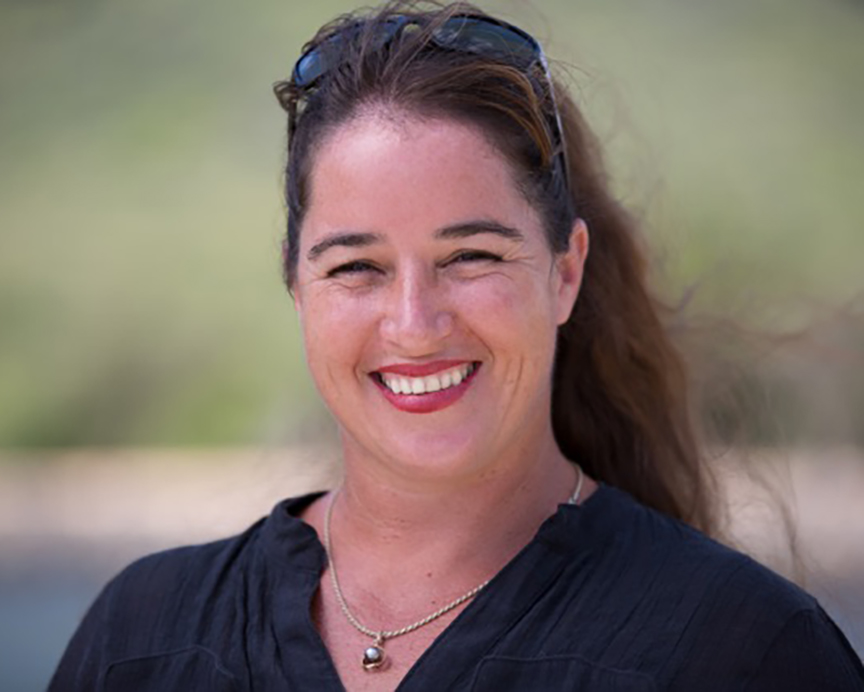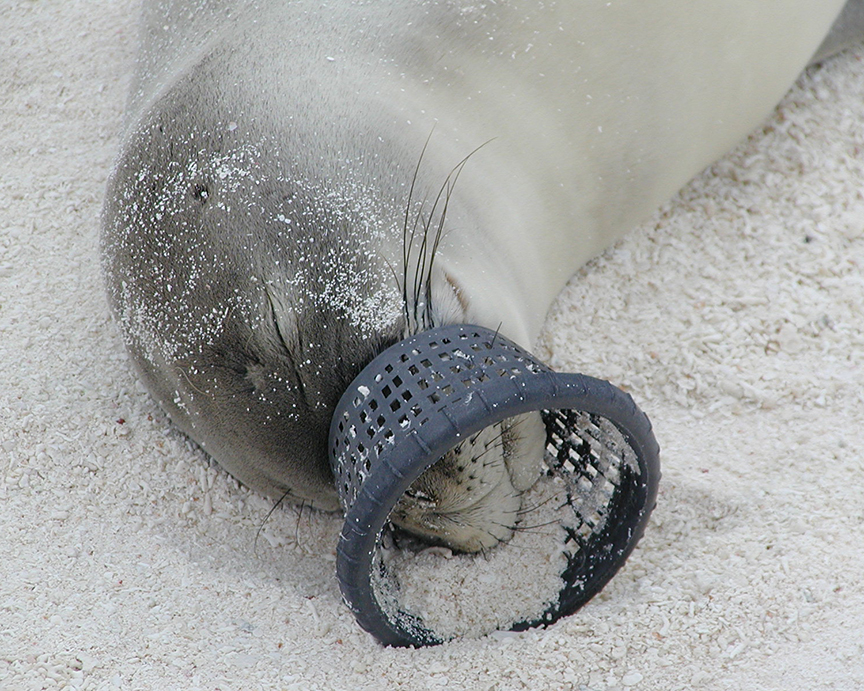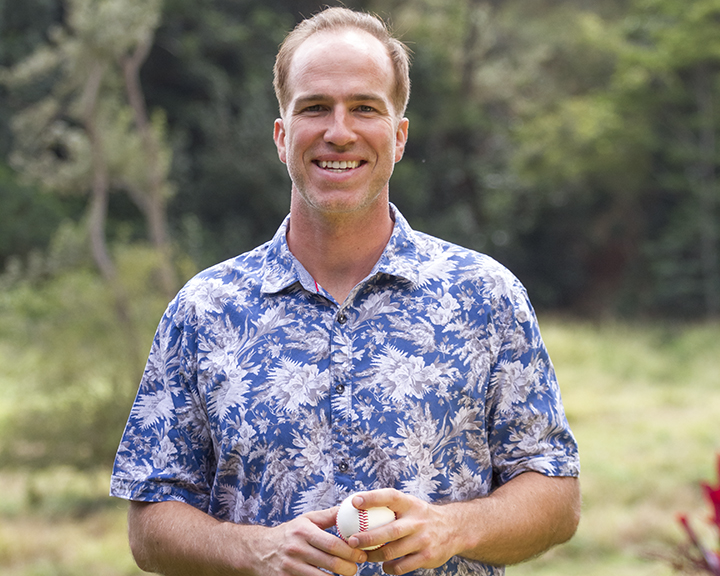By Virginia Beck

Kaeo Bradford’s hula halau was one of few halau that honored King Kaumuali‘i during the unveiling of the king’s statue in Waimea last March. Photo by Léo Azambuja
Hawai‘i is a place of passions. We are close to the Earth’s heart, on volcanic islands still being born, drifting northwest lazily, at more than eight centimeters per year. We feel things deeply. Everything is sensually overpowering, with surreal colors. From the intense colors, the oceans, the skies, the rainbows. Let’s not forget the flowers!
It’s the Garden Isle. Lovely and unique on the planet. The jewel of the Pacific. Our remote location as the most isolated island, a solitary position in the Pacific, allowing more varieties of rare plants, insects, birds and shells. Many are protected, endangered species.
We live in a very different relationship culture. Unlike other states in the USA. That’s why you’re here. We don’t separate the environment from ourselves. We are one with the island, part of it, stewards for a perpetual trust.
Our senses are not blunted by the overload. Freeway driving. Dense, urban environments. Crowds that ignore you. We don’t believe in urgency that pushes to the front of the line or ignores an elder needing to go first. We don’t have to be intense to get what we need. We share.
Our multicultural community is about sharing, since we are all in it together. It is caught, not taught. We learn by seeing how our parents and elders treat each other. Others share with us.
We care for those who might not be as fortunate or able. We want a community with no one left out.
Kaua‘i isn’t perfect, and neither are we. Yet, having lived many other places, this is very close to it. A place where we care for the people, for the ‘aina, the land, and the ocean. When disaster strikes, we team up as volunteers, the way we have been doing since small kid time.
Our hula halau — a cultural apprenticeship school — are about much more than dance. Students honor the instructor and know that being accepted into the school is a rare privilege.
The students learn how to make lei, with traditional materials, obtained from the forests or cultivated for flowers. Never taking it all, but leaving enough to replenish the plants, always providing for the future.
They work as teams in the community, and practice for the annual Merry Monarch Festival. They volunteer to give out food when folks are hungry. They hold fundraisers for the needy.
These halau perpetuate a whole culture of community.
In caring for the ancient stone hula platforms, they honor their history and their ancestors. Through memorizing traditional chants passed down for a thousand years by oral tradition, the mind is strengthened and history becomes part of their movements as well as their songs.
Hawaiian spoken language is one of the most beautiful, poetic and refined ways of speaking in the world. Where each letter has a distinct meaning, and the combinations of a seemingly simple alphabet contain more meanings than a sentence in a Japanese haiku poem.

Virginia Beck
In Hawaiian language, the letters and words exist in different relationships, giving variety to understanding. The proverbs and epigraphs of the oral tradition are full of lively, nuanced metaphors rich in wisdom and containing a salty humor.
When you enter our world, it is already full. Enter gently, so you don’t make a big splash. A friendly greeting or welcoming smile will give you more friends than money can buy. Aloha, means come on in, the water’s fine.
- Virginia Beck, NP and Certified Trager® Practitioner, offers Wellness Consultation, Trager Psychophysical Integration and teaches Malama Birth Training classes. She can be reached at 635-5618.
Discover more from ForKauaiOnline
Subscribe to get the latest posts sent to your email.





Your article helped me a lot, is there any more related content? Thanks! https://accounts.binance.com/sv/register?ref=YY80CKRN